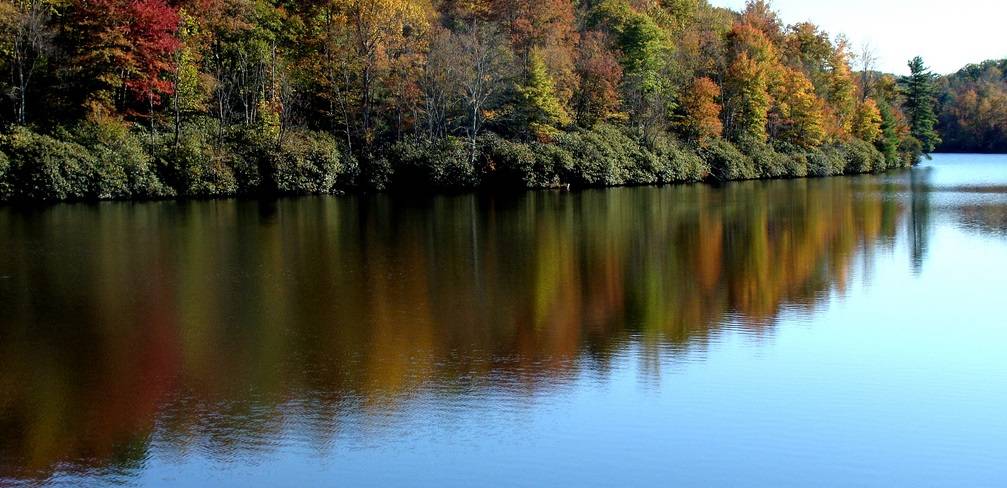Exploring the Angler’s Paradise: Lake Julian Fishing
Lake Julian, nestled in the picturesque Blue Ridge Mountains of North Carolina, is a hidden gem for fishing enthusiasts. With its serene beauty and diverse aquatic ecosystem, this lake offers an unforgettable angling experience. In this article, we will delve into the world of Lake Julian fishing, exploring whether it’s a good fishing destination and whether you can safely enjoy your catch from its waters.
Is Lake Julian Good for Fishing?
Lake Julian is indeed a haven for anglers of all skill levels. Its 300 acres of pristine water offer a wide variety of fish species, making it an excellent place to cast your line. Whether you are a seasoned pro or a novice looking to try your hand at fishing, you’ll find something to enjoy here.
- Largemouth Bass: Lake Julian is famous for its impressive population of largemouth bass. These feisty fighters can be found in abundance, providing anglers with exciting battles on the water. The lake has seen numerous record catches of largemouth bass, making it a prime destination for bass fishing.
- Bluegill and Sunfish: If you’re looking for a family-friendly fishing experience, Lake Julian won’t disappoint. The lake is teeming with bluegill and sunfish, making it an ideal spot for kids and beginners. These species are easy to catch, and their small size ensures a high likelihood of success.
- Catfish: Catfish enthusiasts will also find Lake Julian appealing. Channel catfish and white catfish are common catches, and some specimens can grow quite large. Night fishing for catfish is particularly popular here, creating a unique experience for anglers.
- Carp and Crappie: Carp and crappie can also be found in Lake Julian, adding to the variety of species you can target. Carp, known for their size and strength, offer a different kind of challenge for anglers seeking a rewarding fight.
Feel free to read our post about what kind of fish are in Lake Julian for more detailed information.
Can You Eat Fish from Lake Julian?
One of the most common questions anglers ask is whether it’s safe to eat fish caught from Lake Julian. While the lake is undoubtedly a fantastic fishing destination, there are some considerations when it comes to consuming your catch.
Lake Julian is closely monitored by local authorities to ensure water quality and safety. However, like many bodies of water, it’s important to be aware of potential contaminants and to follow guidelines for safe consumption.
- Mercury Levels: Some fish in Lake Julian may contain elevated levels of mercury, which can be harmful if consumed in excess. It’s essential to check with local authorities for the latest information on mercury advisories and guidelines for specific species.
- Advisories: Local health departments may issue advisories regarding the consumption of fish from Lake Julian. These advisories take into account factors such as mercury levels and other potential contaminants. Always stay updated on these advisories to make informed decisions about eating fish from the lake.
- Cooking Precautions: If you decide to eat fish from Lake Julian, it’s advisable to take precautions when cooking. Properly cleaning, filleting, and cooking fish can reduce the risk of exposure to contaminants.
Conclusion
Lake Julian is undeniably a good fishing destination, offering a wide range of fish species and stunning natural beauty. Whether you’re after the thrill of catching largemouth bass, the relaxation of fishing for bluegill and sunfish, or the challenge of pursuing catfish or carp, this lake has something for everyone.
While Lake Julian is a popular fishing spot, it’s crucial to stay informed about safety guidelines and advisories regarding fish consumption. By doing so, you can enjoy the rewards of your successful fishing trips while ensuring your health and well-being. So, pack your fishing gear, head to Lake Julian, and prepare for an unforgettable angling adventure in the heart of North Carolina’s mountains.
